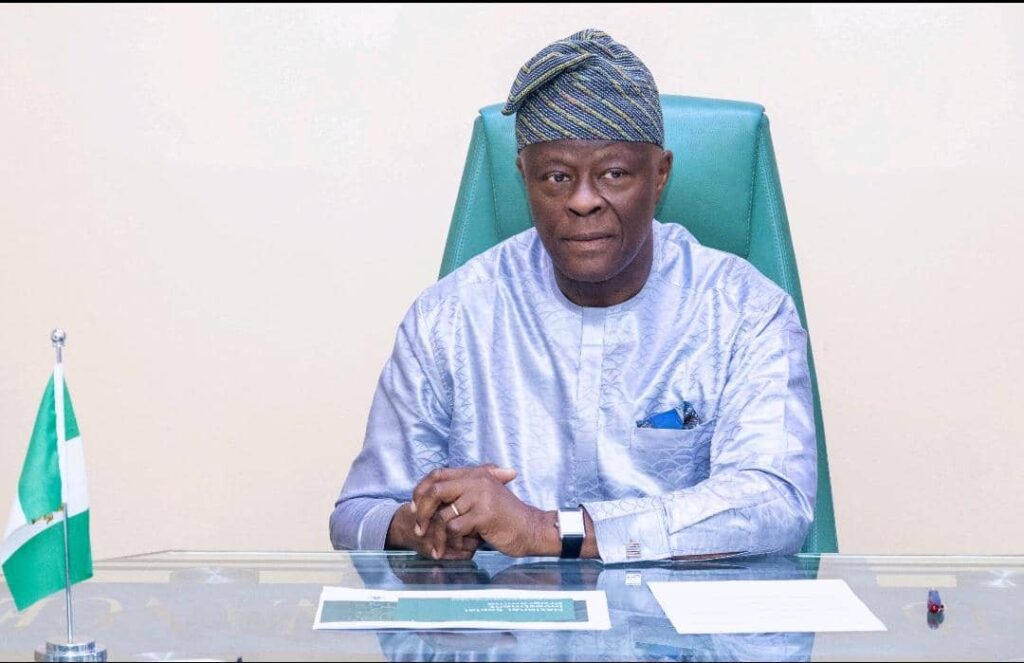
Minister of Finance and Coordinating Minister of the Economy, Wale Edun, announced that Nigeria’s significant revenue increase in 2024 is being strategically allocated to social intervention programs aimed at improving living standards and addressing key societal challenges. Speaking at the 30th Nigeria Economic Summit in Abuja on Tuesday, Edun revealed that these programs target 60% of the country’s poorest citizens, reaching up to 20 million people.
The revenue growth, which doubled in the first half of 2024 to N9.1 trillion compared to N4.06 trillion in the same period in 2023, is being used to finance various social programs, including direct cash transfers to low-income households. So far, four million households have benefited, with plans to expand the program to 15 million households. This strategy is part of the government’s efforts to ease the burden of essential but difficult reforms that have impacted the cost of living.
During the summit, Edun outlined the government’s broader economic reform agenda, which focuses on reducing inflation, creating jobs, and driving growth in key sectors like agriculture, manufacturing, oil, and housing. “We are looking to food production to help bring down inflation,” Edun said, emphasizing the government’s focus on making food more affordable and accessible to Nigerians.
He also discussed the vital role of the oil and gas sector in generating foreign exchange, citing recent reforms that have attracted significant investments, including $10 million from ExxonMobil. Nigerian manufacturers have also committed $4.2 billion in investments, further boosting economic prospects.
In addition to the social programs, Edun highlighted the government’s support for businesses, including a N75 billion grant and loan package for one million small and micro enterprises and an additional N75 billion available to larger companies at a nine percent annual interest rate. These measures aim to help businesses manage production costs, particularly in light of foreign exchange fluctuations.
Edun further pointed to initiatives such as a student loan scheme and consumer credit options for workers to purchase goods or switch to cleaner energy alternatives like Compressed Natural Gas.
“These are just some of the ways President Tinubu’s government is directing the increased revenue, driven by better oil production and economic reforms, towards improving the lives of Nigerians,” Edun explained.
Also speaking at the summit, World Bank Country Director for Nigeria, Ndiamé Diop, praised Nigeria’s revenue growth and noted that ongoing fiscal reforms are crucial for stabilizing the country’s economy and promoting sustainable growth. Diop warned that without such measures, Nigeria could face a fiscal crisis driven by its widening deficit, which had been primarily funded through debt.
